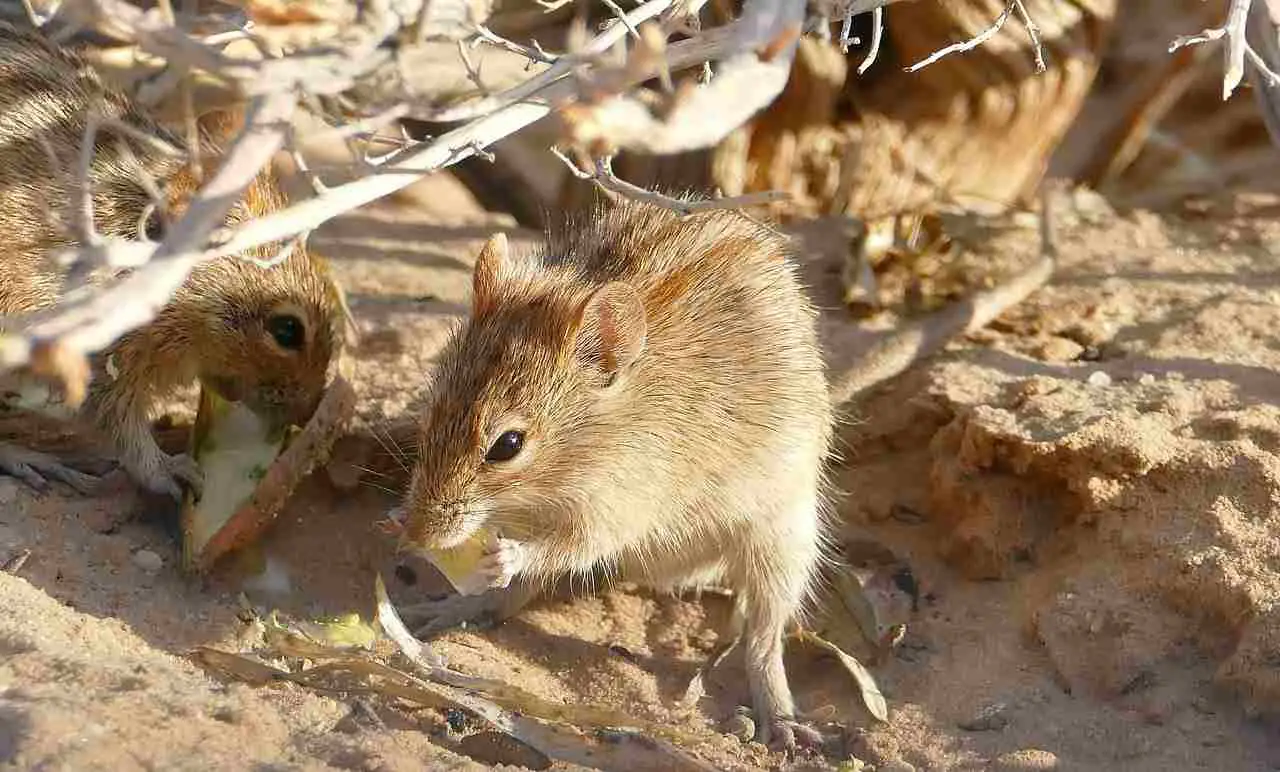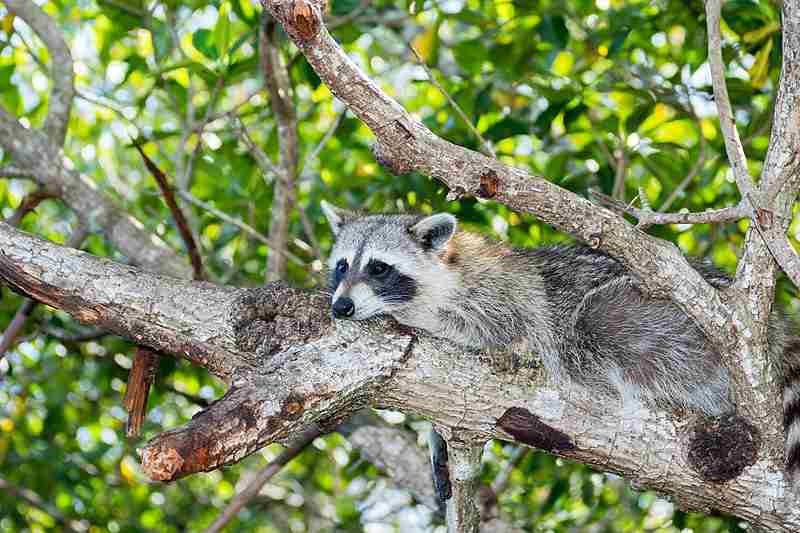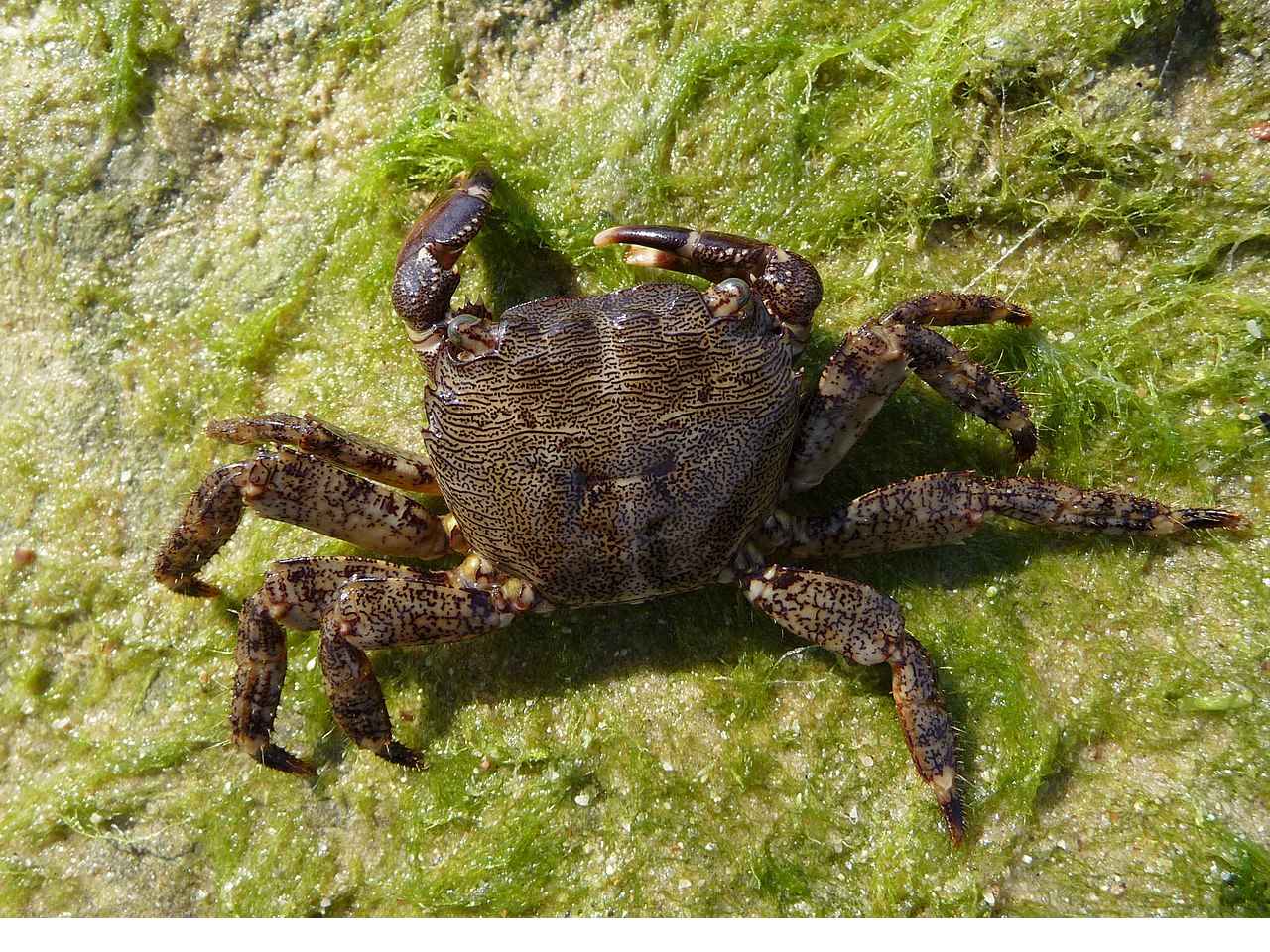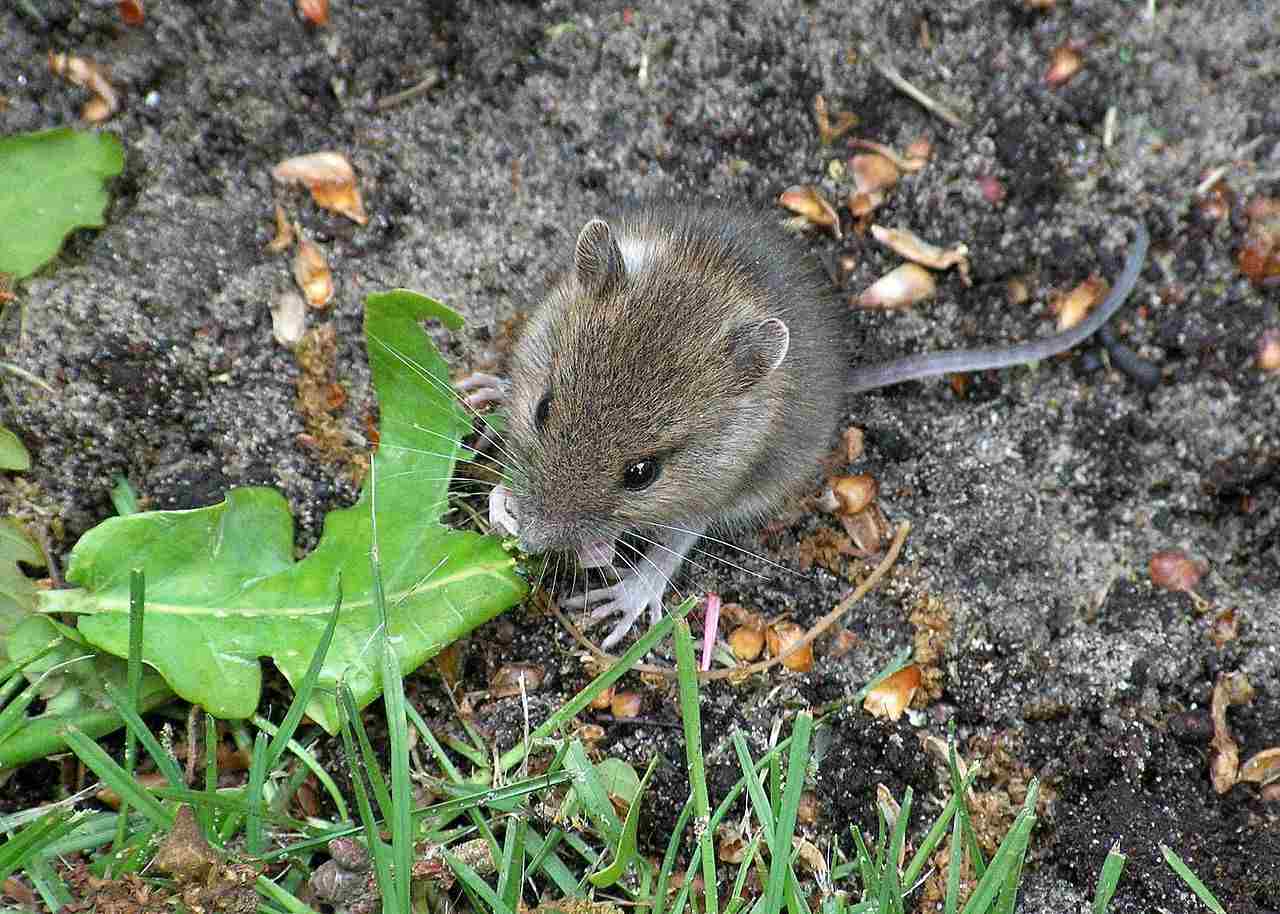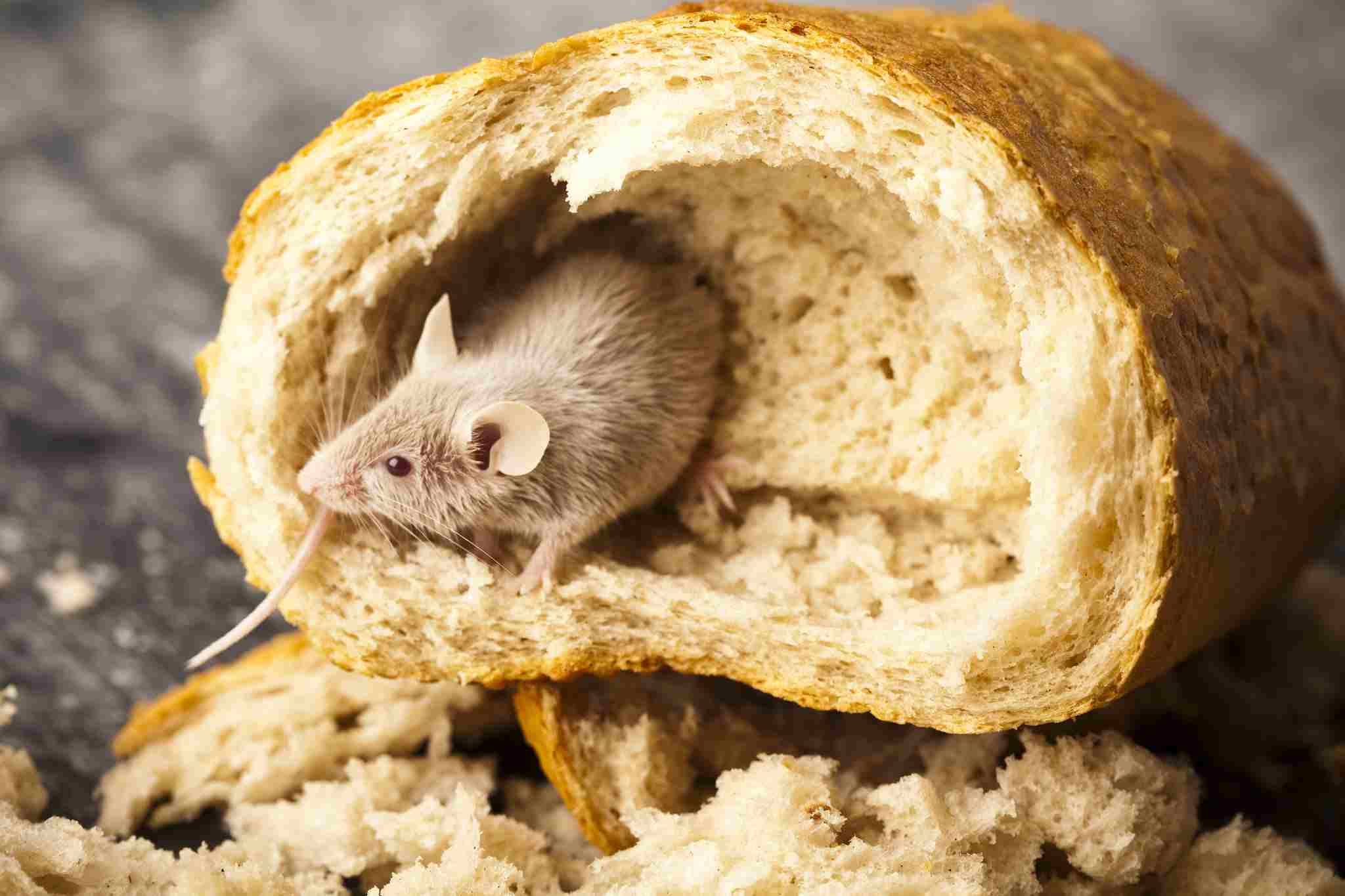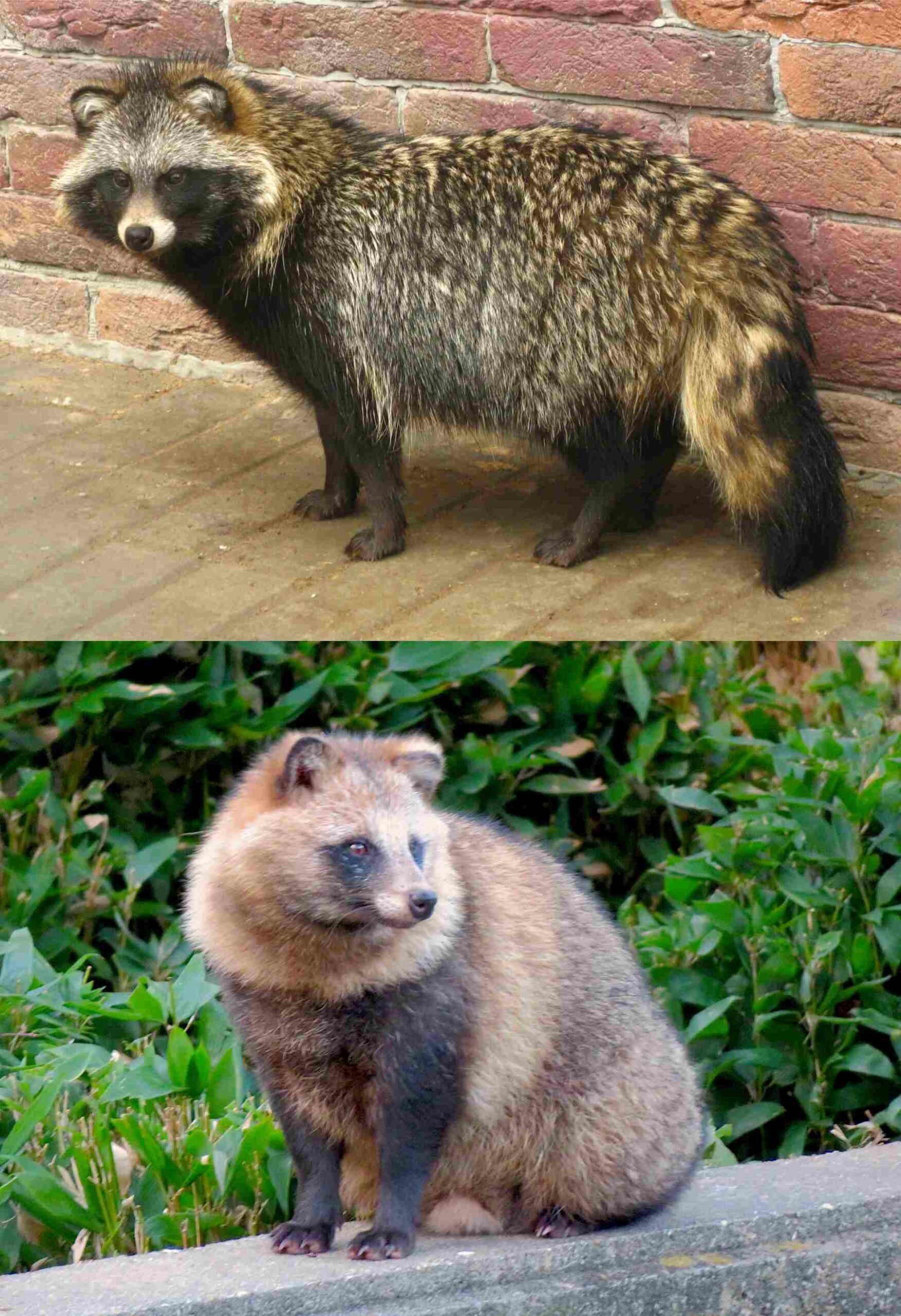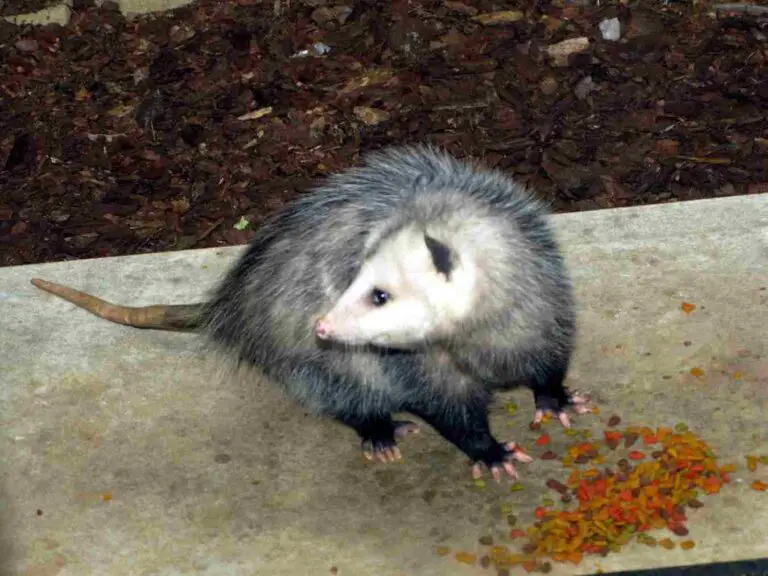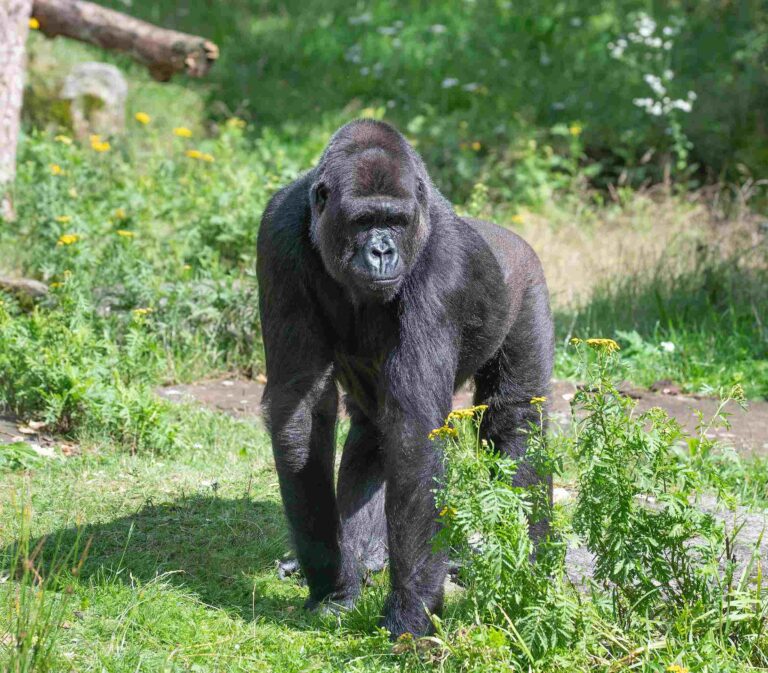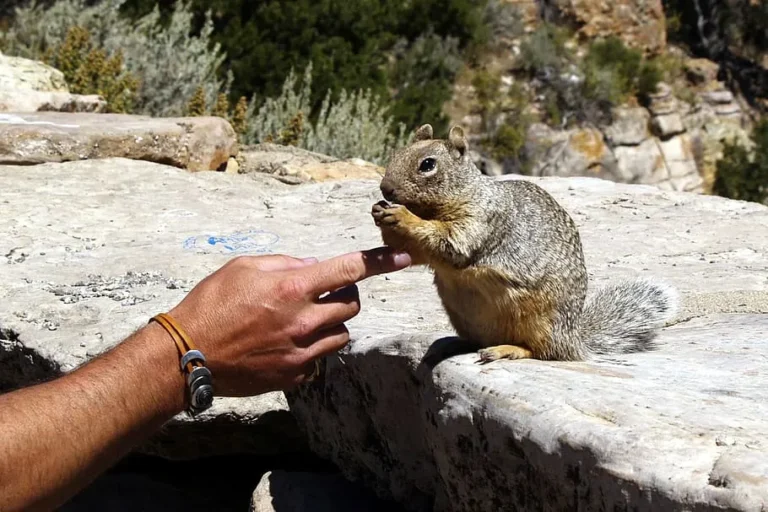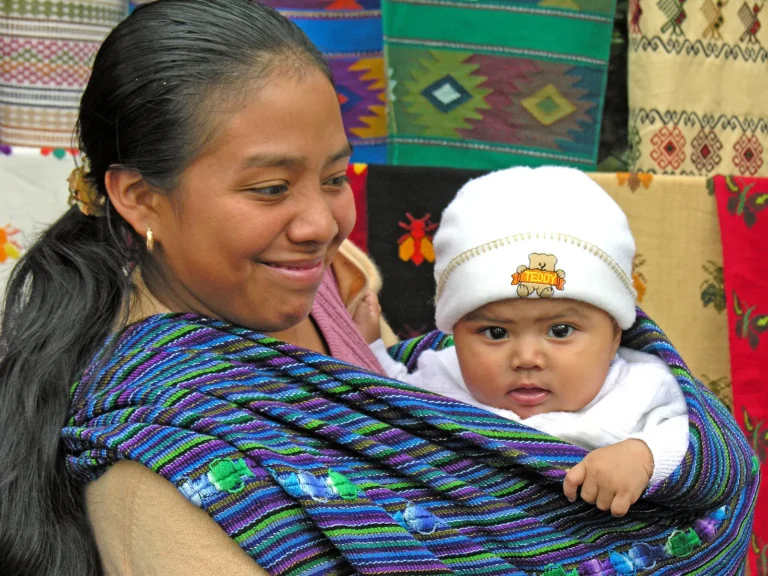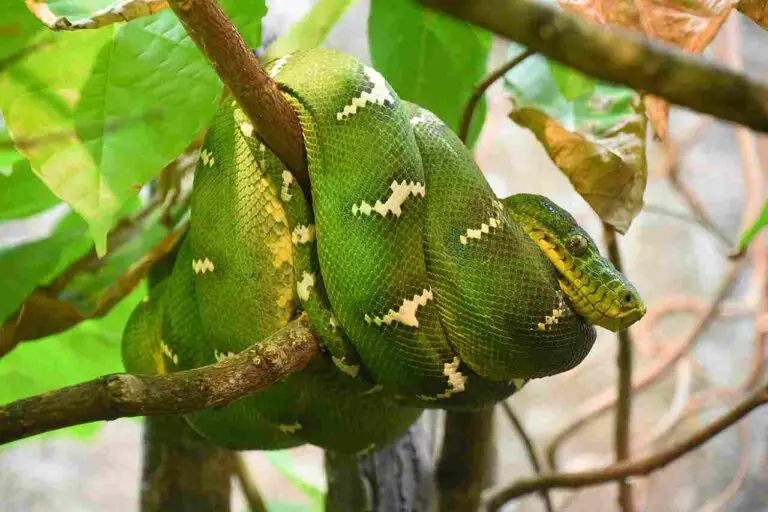Is a Raccoon a Consumer? Raccoon Food Chain Position and Role
Yes, a raccoon is indeed a consumer. It primarily feeds on insects, fish, crabs, frogs, and mice, making it an opportunistic omnivore. As a consumer, it plays a crucial role in the ecosystem by feeding on other organisms to obtain energy for survival.
Reasons Why a Raccoon is a Consumer
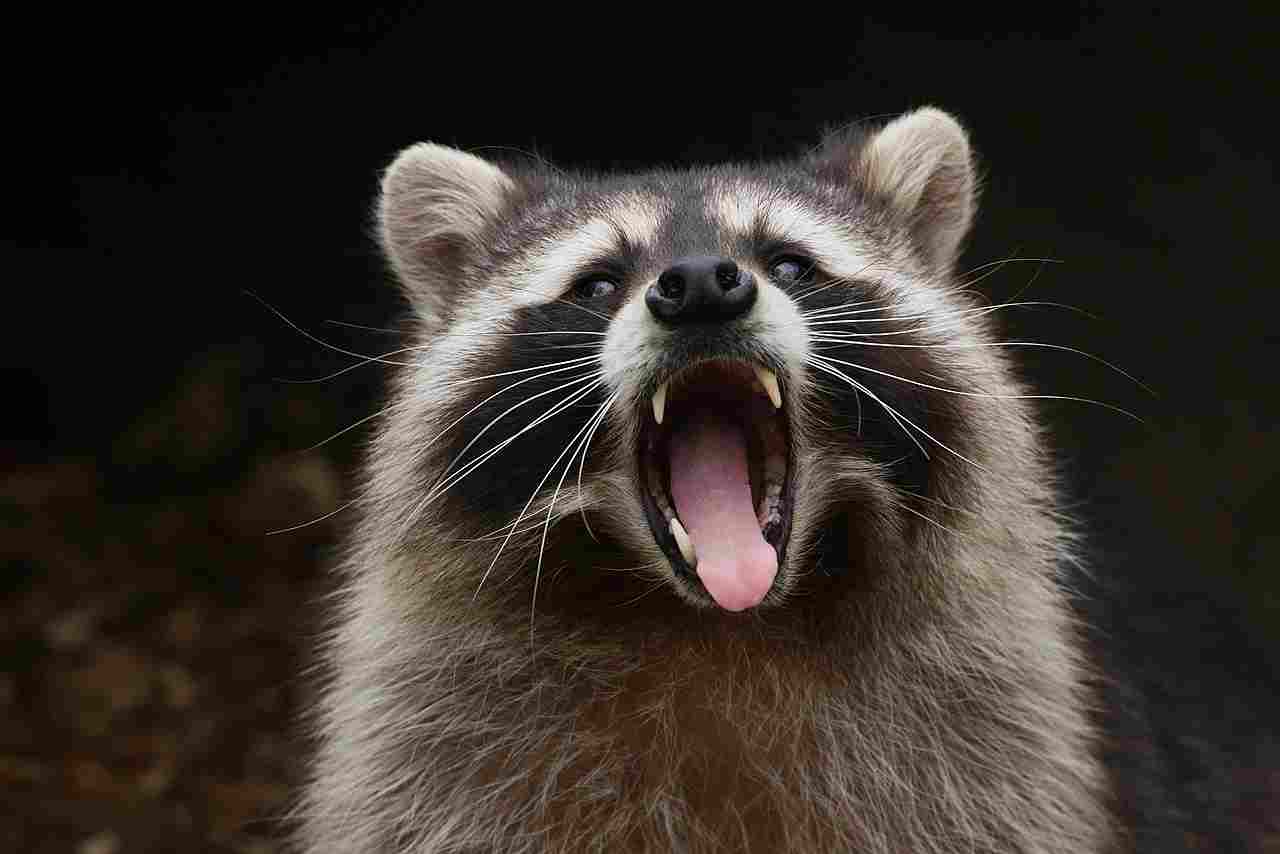
-
Feeding Behavior: Raccoons primarily consume other organisms such as insects, fish, crabs, frogs, and mice, making them consumers within the food web.
-
Role in the Ecosystem: As consumers, raccoons play a significant role in controlling populations of the organisms they prey upon, thus helping to maintain the balance of the ecosystem.
-
Energy Source: Raccoons obtain energy by consuming other organisms, which they use for growth, reproduction, and maintaining their own bodily functions.
Is a Raccoon a Producer?
No, a raccoon is not a producer. Producers are organisms capable of producing their own food through photosynthesis or chemosynthesis. Raccoons do not possess this ability; instead, they rely on consuming other organisms for their energy and nutritional needs.
Reasons Why a Raccoon is Not a Producer
-
Lack of Photosynthesis: Producers, such as plants and certain bacteria, can produce their own food through processes like photosynthesis. Raccoons lack the necessary chlorophyll and cellular structures to carry out photosynthesis.
-
Dependency on Other Organisms: Raccoons are dependent on consuming other organisms for their energy and nutrition, rather than producing their own food like producers do.
-
Foraging Behavior: Raccoons exhibit behavior consistent with consumers, actively hunting and scavenging for prey to meet their dietary requirements, further reinforcing their classification as consumers rather than producers.
What Type of Consumer is a Raccoon?
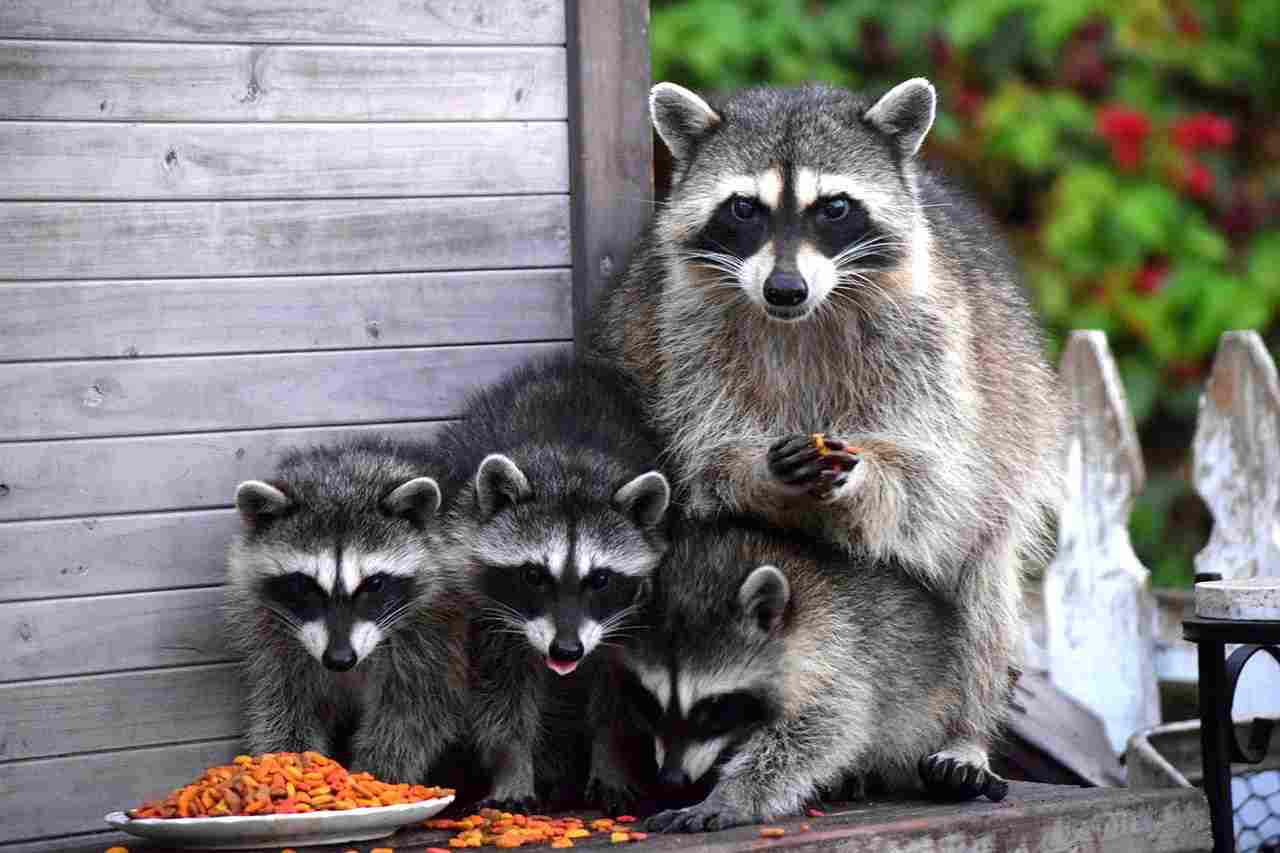
A raccoon is classified as a secondary consumer. It occupies the second trophic level in the food chain, feeding on primary consumers such as insects, fish, crabs, frogs, and mice. As an opportunistic omnivore, it plays a crucial role in regulating the populations of its prey species within the ecosystem.
Is a Raccoon a Primary Consumer?
No, a raccoon is not a primary consumer. Primary consumers are herbivores that feed directly on producers, such as plants. Raccoons, however, primarily consume other animals like insects, fish, crabs, frogs, and mice, placing them at a higher trophic level in the food chain as secondary consumers.
Are Raccoons Secondary Consumers?
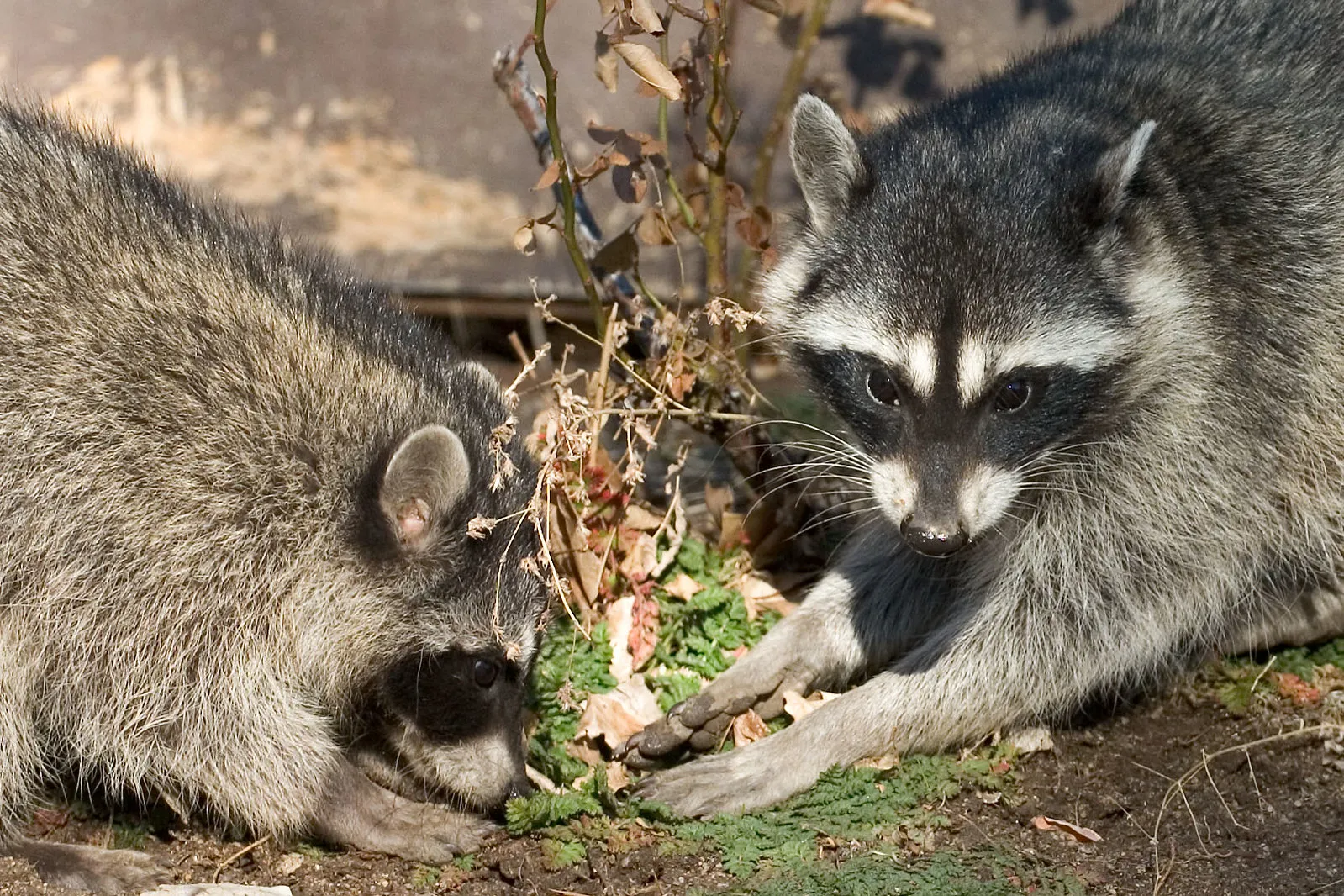
Yes, raccoons are indeed secondary consumers. They feed on primary consumers such as insects, fish, crabs, frogs, and mice. By consuming these organisms, raccoons occupy a higher trophic level in the food chain, making them secondary consumers. This role is essential in regulating the populations of their prey species and maintaining the balance of the ecosystem.
Reasons Why Raccoons are Secondary Consumers
-
Feeding Habits: Raccoons primarily consume other animals like insects, fish, crabs, frogs, and mice, which are classified as primary consumers. This places raccoons at a higher trophic level in the food chain as secondary consumers.
-
Trophic Level: Secondary consumers occupy a position higher in the food chain compared to primary consumers. Raccoons fulfill this role by feeding on organisms that are themselves consumers of plants or other producers.
-
Ecosystem Role: As secondary consumers, raccoons help regulate the populations of their prey species, thereby influencing the structure and dynamics of the ecosystem they inhabit.
Is A Raccoon A Tertiary Consumer?
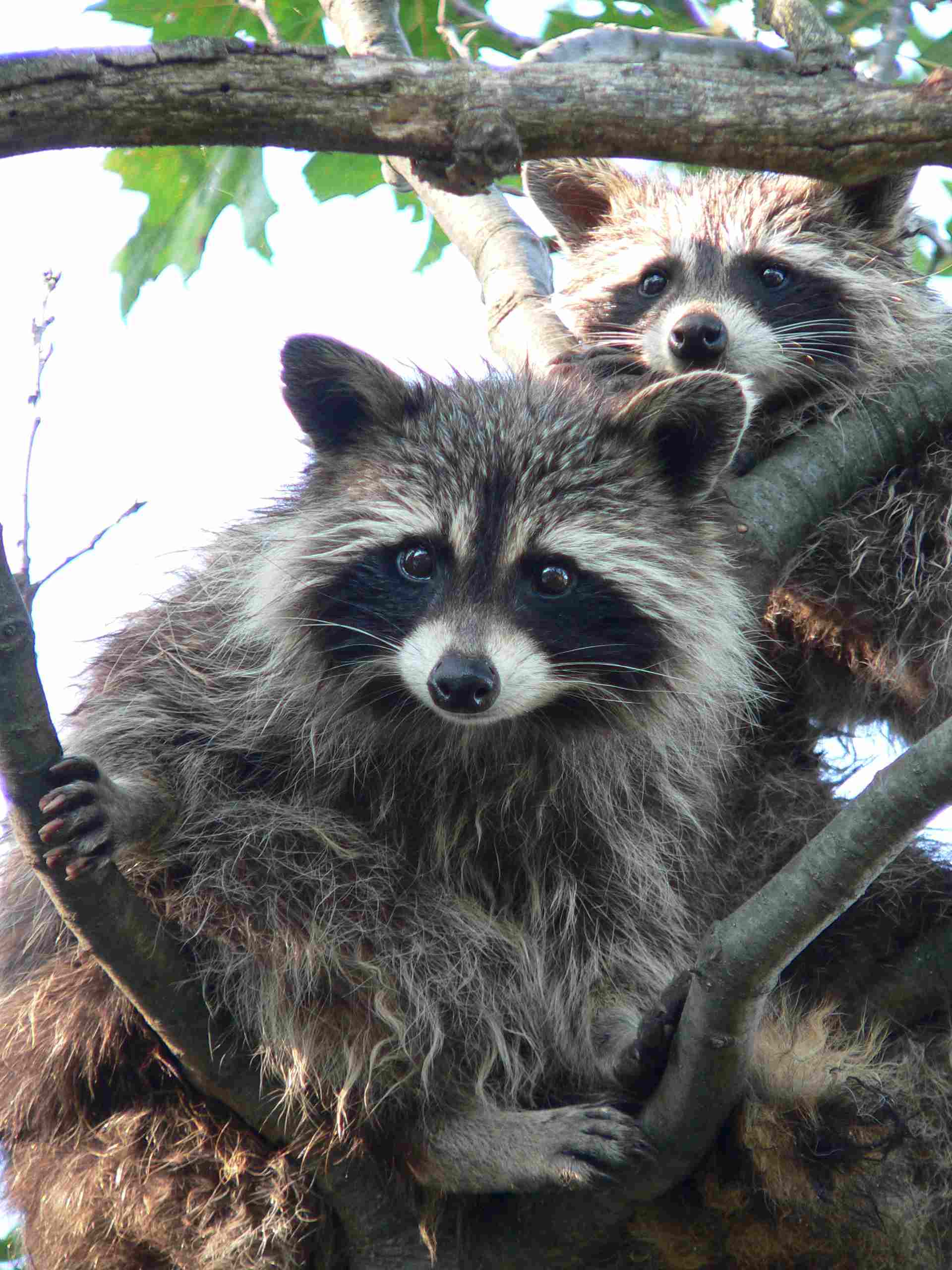
No, raccoons are not tertiary consumers. Tertiary consumers are organisms that feed on other carnivores, placing them at a higher trophic level in the food chain. Raccoons primarily consume primary consumers such as insects, fish, crabs, frogs, and mice, making them secondary consumers.
Is a Raccoon a Decomposer?
No, raccoons are not decomposers. Decomposers are organisms that break down dead organic matter into simpler substances, playing a vital role in nutrient cycling within ecosystems. Raccoons are consumers, feeding on other organisms for their energy and nutritional needs, but they do not possess the capability to decompose organic matter like decomposer organisms such as fungi and bacteria do.
Is a Raccoon a Producer, Consumer, or Decomposer?
A raccoon is a consumer. It feeds on other organisms for energy and nutrients but does not produce its own food like a producer or decompose organic matter like a decomposer.
What Is A Raccoon Classified As?
A raccoon is classified as a first-level mammalian, omnivorous consumer. It occupies a position in the food chain as a secondary consumer, feeding on primary consumers such as insects, fish, crabs, frogs, and mice. As an opportunistic omnivore, it plays a crucial role in the ecosystem by regulating the populations of its prey species.
Is A Raccoon An Omnivore?
Yes, a raccoon is an omnivore. It consumes a wide variety of foods, including insects, fish, crabs, frogs, mice, fruits, nuts, and vegetation. This broad diet allows raccoons to adapt to various habitats and food sources, making them highly versatile omnivores.
Is A Racoon A Herbivore?
No, a raccoon is not a herbivore. While raccoons may consume some plant matter such as fruits and nuts as part of their omnivorous diet, they primarily feed on other animals like insects, fish, crabs, frogs, and mice. This makes them omnivores rather than strict herbivores.
Is A Raccoon A Carnivore?
No, a raccoon is not a strict carnivore. While raccoons do consume meat as part of their diet, they are omnivores, meaning they eat a variety of foods including insects, fish, crabs, frogs, mice, fruits, nuts, and vegetation. Therefore, they are not solely dependent on meat for sustenance, distinguishing them from carnivores.
Is A Raccoon A Decomposer Or Scavenger?
A raccoon is neither a decomposer nor a scavenger. Decomposers are organisms that break down dead organic matter, while scavengers consume dead animals. Raccoons, however, are consumers that primarily hunt and forage for live prey such as insects, fish, crabs, frogs, and mice. They are not involved in the decomposition process nor do they primarily rely on scavenging for their food.
*Summary
- Raccoons are consumers, not producers or decomposers.
- They are omnivorous, feeding on both plant and animal matter.
- Raccoons primarily consume insects, fish, crabs, frogs, and mice.
- As secondary consumers, they play a role in regulating prey populations.
- Raccoons are not herbivores or carnivores exclusively; they are omnivores.
- They are not decomposers or scavengers; they hunt and forage for live prey.
| Aspect | Summary |
| Classification |
Raccoons are consumers, specifically omnivorous secondary consumers.
|
| Diet |
They primarily feed on insects, fish, crabs, frogs, and mice, along with fruits and nuts.
|
| Trophic Level |
Raccoons occupy a higher trophic level as secondary consumers in the food chain.
|
| Role in Ecosystem |
They help regulate prey populations, influencing ecosystem dynamics.
|
| Feeding Behavior |
Raccoons are opportunistic hunters and foragers, not decomposers or scavengers.
|
| Dietary Classification |
While not herbivores or carnivores exclusively, they are classified as omnivores.
|
FAQs about Raccoons
- What do raccoons eat?
- Raccoons have a diverse diet, including insects, fish, crabs, frogs, mice, fruits, nuts, and vegetation.
- Are raccoons dangerous?
- While raccoons generally avoid confrontation with humans, they can become aggressive if threatened or cornered, potentially transmitting diseases such as rabies.
- How do you keep raccoons away from your property?
- Secure trash cans, eliminate food sources, seal off entry points to buildings, and use deterrents such as motion-activated lights or sprinkler systems.
- Where do raccoons live?
- Raccoons are adaptable animals found in a variety of habitats, including forests, urban areas, marshes, and suburban neighborhoods.
- Do raccoons hibernate?
- Raccoons do not hibernate but may enter a state of reduced activity during harsh winter weather, relying on fat reserves to survive.
- Can raccoons be kept as pets?
- While raccoons may seem cute and playful, they are wild animals and can be unpredictable and destructive. Keeping raccoons as pets is illegal in many places and not recommended.
- Are raccoons nocturnal?
- Yes, raccoons are primarily nocturnal, meaning they are most active during the night, though they may also be active during the day, especially in urban areas.
- How long do raccoons live?
- In the wild, raccoons typically live 2 to 3 years, but they may live longer in captivity, with some individuals reaching up to 5 or 6 years.
- What predators do raccoons have?
- Raccoon predators include large carnivores such as coyotes, bobcats, and domestic dogs, as well as birds of prey like owls and eagles.
-
Can raccoons swim?
- Yes, raccoons are excellent swimmers and are often observed swimming in lakes, rivers, and streams in search of food.
